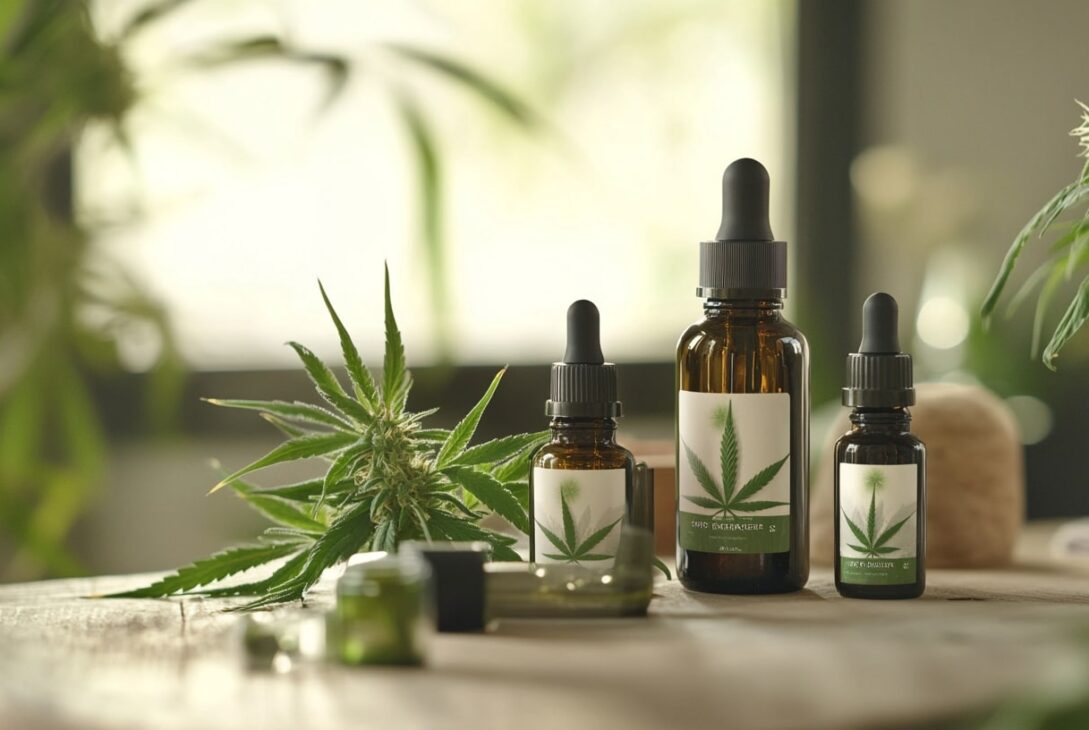In the burgeoning landscape of the CBD industry, consistent quality is paramount. As consumer awareness expands, so does the expectation for reliability from brands. To meet this demand, many CBD wellness brands are turning to private label production. This strategy not only provides a pathway to maintaining quality but also fosters trust and loyalty with consumers. Let’s dive into the many aspects of why private label production has become a cornerstone in delivering reliable CBD products.
The Benefits of Private Label Production
When we talk about private label production, several compelling advantages come to the forefront.
Cost Efficiency
Private label production can lead to considerable cost savings. By collaborating with experienced manufacturers, brands avoid the financial burden of establishing and maintaining their production facilities. This efficiency allows resources to be redirected toward crucial areas such as marketing and customer support. Research indicates that private label products can be up to 50% cheaper to manufacture compared to traditional branded counterparts. This not only lowers production costs but also makes quality CBD products accessible to a broader audience.
Brand Customization
One of the most appealing aspects of private label production is the autonomy it affords brands. By choosing a private label route, companies can customize every facet of their products—from formulation and packaging design to branding itself. This level of customization is vital for standing out in a crowded market. Whether it’s tweaking potency levels, introducing unique flavors, or including beneficial additives, brands now have the flexibility to respond to specific consumer needs.
While cost savings and customization are attractive, the hallmark of private label production is its capacity to maintain quality. This reliability is achieved through comprehensive quality control protocols.
Quality Control Standards
Most private label manufacturers operate within FDA-registered facilities and adhere to stringent quality standards. Such environments ensure that products are not only compliant with regulations but also meet the high expectations of consumers.
Testing and Verification
Independent third-party testing is indispensable in the realm of CBD production. This process helps verify product safety, potency, and purity. Tests typically assess crucial parameters such as:
- Cannabinoid profiles and potency
- Residual solvent levels
- Heavy metal contamination
- Pesticide residues
- Microbial contamination
- Terpene profiles for full-spectrum products
Such thoroughness not only safeguards consumer health but also significantly enhances consumer confidence in a brand.
Manufacturing Process
The manufacturing process is the lifeblood of product quality. Private label manufacturers implement systematic extraction methods, maintain in-process quality checks, and conduct final product verifications. Companies like Crescent Canna use small-batch techniques and specific blending processes to maintain the integrity of their CBD extracts, ensuring that every drop meets the high expectations set by consumers.
Quality Management Systems (QMS)
An effective Quality Management System is a backbone for consistent quality across all operations in private label production.
Comprehensive Quality Control
A robust QMS helps manufacturers automate essential operations, ensuring they adhere to Good Manufacturing Practices (GMP) while keeping meticulous quality records. Key elements of a QMS may include:
- Document control
- Batch tracking
- Supplier qualification
- Employee training management
- Equipment calibration records
These systemic frameworks help uphold high-quality standards during every phase of production.
Risk Management and Continuous Improvement
Quality systems also embody proactive risk management strategies. This includes regular risk assessments, vigilant monitoring of critical control points, thorough investigations of any quality discrepancies, and the implementation of preventive actions. By prioritizing continuous improvement, manufacturers can ensure their processes evolve while consistently delivering high-quality products.
Supply Chain Quality Control
The origin of raw materials significantly impacts the quality of the final product. Therefore, the reliability of suppliers is critical.
Reliable Suppliers
To guarantee high-quality inputs, private label manufacturers routinely audit their suppliers, evaluate quality metrics, and maintain clear quality agreements. This diligence throughout the supply chain ensures that raw materials meet stringent quality expectations—a vital step in producing dependable CBD products.
Transparency and Documentation
Lastly, transparency is integral to fostering trust with consumers.
Detailed Quality Records
A transparent approach to quality documentation builds credibility with regulators and customers alike. Private label manufacturers diligently maintain essential records such as:
- Standard Operating Procedures (SOPs)
- Batch production records
- Testing data
- Certificates of Analysis (COA)
These documents, when available and organized, promote consumer confidence in the products they purchase.
Consumer Confidence
An effective strategy to bolster consumer trust is to employ QR codes on product packaging, linking directly to analysis results. Brands like Crescent Canna adopt this practice, allowing consumers to independently verify the quality and purity of their products, further establishing a transparent relationship.
Conclusion
As the CBD industry continues to expand, private label production stands out as a reliable method for wellness brands aiming to ensure consistent product quality. By taking advantage of cost efficiency, emphasizing brand customization, and implementing rigorous quality control measures, brands can build robust relationships with their consumers.
Actionable Takeaways
- Partner with Reputable Manufacturers: Choose private label manufacturers who uphold strict quality standards and maintain FDA-registered facilities.
- Third-Party Testing: Ensure all products are subjected to comprehensive third-party testing to affirm safety, potency, and purity.
- Transparent Documentation: Keep detailed quality records readily accessible to enhance consumer trust.
- Continuous Improvement: Adopt a strong QMS that incorporates regular risk assessments and ongoing process improvements.
By adhering to these principles, CBD wellness brands can confidently offer high-quality, reliable products, solidifying their position in a competitive market and fostering lasting consumer loyalty.
For those seeking to further explore the intricate world of CBD and hemp, looking out for the latest insights and tips through dedicated blogs and resources can be highly beneficial.





















